
Health and wellbeing
Maintaining your health and wellbeing is important for everyone. This includes mental health. There are many health and support services available to help you to get the care you need and stay well.
Hi, I'm Nathan, and today I'll be talking to you about the area of life that relates to health and wellbeing.
It's important to make sure you keep your mind and body healthy so that you can be the best that you can be all the time.
There are many health and support services that can help you take care of yourself.
Here are some tips and tools to stay healthy.
Eating well is an important part of taking care of your body, and exercising every day will help you maintain fitness and keep you strong.
Taking your medicine and regular check-ups will help you keep track of your health.
There's even technology that can help you manage your medicine.
There's more information about staying healthy by eating well, getting enough sleep, starting to exercise, quitting smoking and managing medicine on the Health and personal care page.
Now we can talk about taking care of your mental health.
It's just as important to look after your mind as well as your body.
There are services available to support you if you're feeling anxious or depressed, if something is making you feel worried or afraid, or if you're feeling sad all the time.
If you feel there is no sign to the sadness ending, you will be supported.
There is also technology that might help you take care of your mental health.
You can find more information about these supports on the Mental health and wellbeing page.
Respite is when someone else takes care of a person so that the carer can have a break.
Everyone needs a break from their day-to-day routine now and then, and respite is a good break for carers and the person they care for.
Planned respite is available along with emergency respite just in case something happens and your carer can't look after you.
Information about all respite services for all States and Territories can be found on the Respite page.
If you would like to know more about how we can assist in health and wellbeing, please contact the Disability Gateway on 1800 643 787.
This section provides links to services and information on:
Health and personal care
Tips and tools to stay healthy
Mental health and wellbeing
Support services and apps to help you cope
Healthcare services, doctors and specialists
There are many services that specialise in working with people with disability
Respite
Getting emergency and planned respite care
Gender and sexuality
Information about gender and sexuality, and support services for the LGBTIQA+ community
COVID-19 support
Information about COVID-19 support is available here.
COVID-19 vaccines and treatments
Information about COVID-19 vaccines is available here.

Health and wellbeing
Hi, I'm Nathan, and today I'll be talking to you about the area of life that relates to health and wellbeing.
It's important to make sure you keep your mind and body healthy so that you can be the best that you can be all the time.
There are many health and support services that can help you take care of yourself.
Here are some tips and tools to stay healthy.
Eating well is an important part of taking care of your body, and exercising every day will help you maintain fitness and keep you strong.
Taking your medicine and regular check-ups will help you keep track of your health.
There's even technology that can help you manage your medicine.
There's more information about staying healthy by eating well, getting enough sleep, starting to exercise, quitting smoking and managing medicine on the Health and personal care page.
Now we can talk about taking care of your mental health.
It's just as important to look after your mind as well as your body.
There are services available to support you if you're feeling anxious or depressed, if something is making you feel worried or afraid, or if you're feeling sad all the time.
If you feel there is no sign to the sadness ending, you will be supported.
There is also technology that might help you take care of your mental health.
You can find more information about these supports on the Mental health and wellbeing page.
Respite is when someone else takes care of a person so that the carer can have a break.
Everyone needs a break from their day-to-day routine now and then, and respite is a good break for carers and the person they care for.
Planned respite is available along with emergency respite just in case something happens and your carer can't look after you.
Information about all respite services for all States and Territories can be found on the Respite page.
If you would like to know more about how we can assist in health and wellbeing, please contact the Disability Gateway on 1800 643 787.
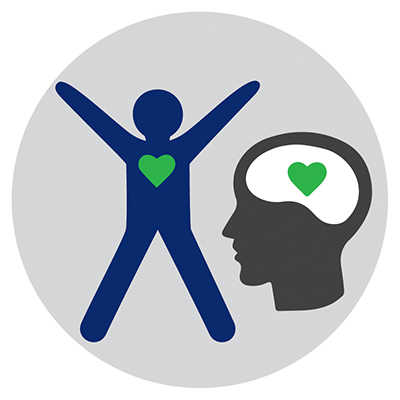 | In this Area of Life we talk about staying healthy. This includes:
|
 | There are lots of health and support services that can help you take care of yourself. |
| This section has information about: | |
 | Health and personal careTaking care of your health. |
 | Taking care of your mental healthSupport services to help you take care of your mental health. |
 | RespiteWhen someone else takes care of a person so that their carer can have a break. |
Key supports
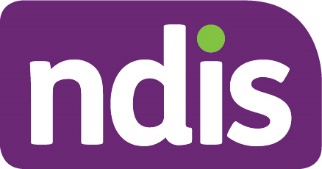 | The National Disability Insurance Scheme (NDIS) supports people with disability. If you want help with the NDIS, you can call them on 1800 800 110 |
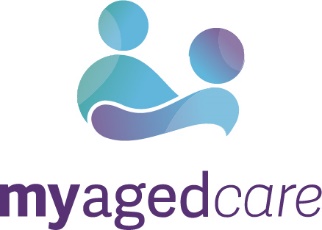 | My Aged Care supports older people. You can call My Aged Care on 1800 200 422 |
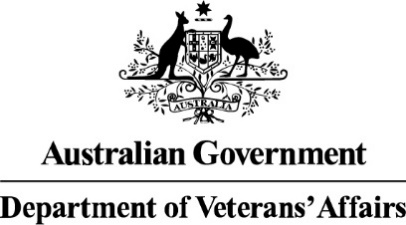 | The Department of Veterans’ Affairs supports veterans. We call this department DVA. A veteran is a person who served in the military. If you want help from DVA, you can call them on 1800 838 372 |
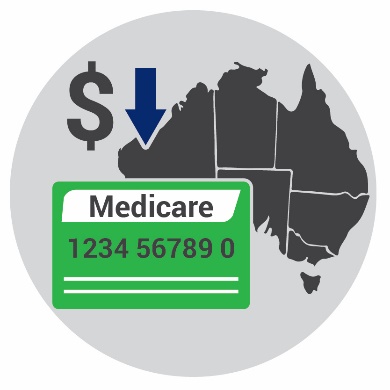 | Medicare is a program that gives all Australians health care at no cost or low cost. If you want help with Medicare, you can call them on 132 011 |
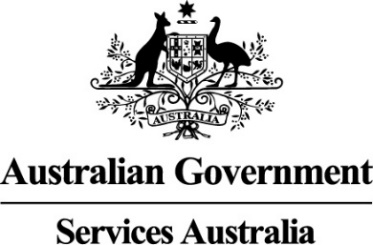 | Services Australia supports all Australians, including:
If you want help from Services Australia, you can call them on 132 717 |
 | The Carer Gateway supports families and carers who support another person. You can call the Carer Gateway on 1800 422 737 |
Head to Health can help you find information about mental health – for yourself or for someone you care about. You can visit the Head to Health website for more information. |
Key National Supports
You can also find information about the main types of support available in Australia. These are:
National Disability Insurance Scheme (NDIS), if you or someone you care for has disability
My Aged Care, if you or someone you care for is older
Department of Veterans’ Affairs, if you or someone you care for is a veteran
Carer Gateway, for people caring for someone with disability, a medical condition, mental illness or frail aged.
Australian Government, The Australian Government offers various support to families effected by the rising cost of living.
Services Australia, for Medicare / Centrelink / Child Support Services.
Head to Health can help you find mental health and wellbeing resources, for yourself or for someone you care about.
National Redress Scheme helps people access redress and can connect them to free confidential Redress Support Services.